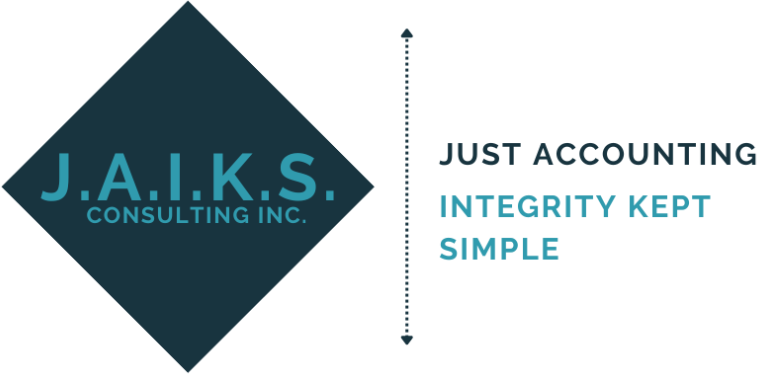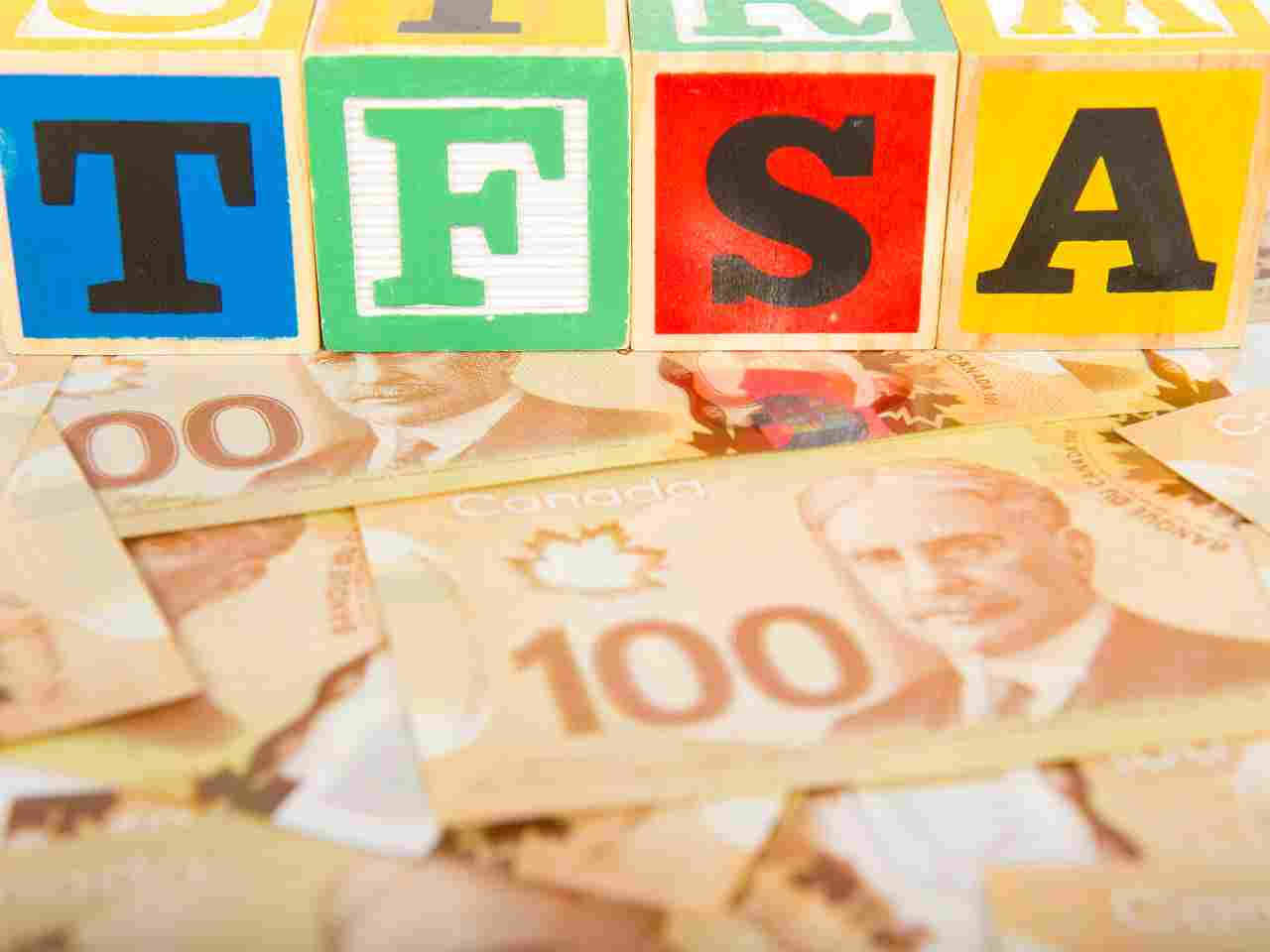J.A.I.K.S. BLOG
Welcome to J.A.I.K.S. Blog, a place where we will provide you with a variety of resources on accounting, taxation and other related subjects suited for both individuals and/or their businesses.
We hope you can find the answers to your questions and/or curiosities, and always know we are here to help if you need more.
Follow us on Facebook or find us on LinkedIn - we are always eager to give you more!
Disclaimer:
The content provided in this blog is for general informational purposes only and is not intended as professional accounting, tax, or financial advice. While efforts are made to ensure the accuracy and timeliness of the content, errors or omissions may occur. The content does not constitute a client-advisor relationship. Readers should consult with a Chartered Professional Accountants or other financial professional for advice tailored to their specific needs. We are not liable for any actions one might take based on the information provided in this blog.
Choosing Between a TFSA or RRSP For Savings
The choice between a Tax-Free Savings Account (TFSA) and a Registered Retirement Savings Plan (RRSP) depends on various factors, including your financial goals, current income, and retirement plans. Here are some key considerations for both:
TFSA (Tax-Free Savings Account):
- Tax Treatment: Contributions to a TFSA are made with after-tax dollars, meaning you don't get a tax deduction for your contributions. However, any investment income, capital gains, or withdrawals are tax-free.
- Flexibility: TFSAs offer flexibility in terms of withdrawals. You can take money out of your TFSA at any time without tax consequences, and the withdrawn amount is added back to your contribution room in the following calendar year.
- Short-Term Goals: TFSAs are suitable for short-term goals or emergency funds due to their flexibility and tax-free nature.
- Long-Term Goals: You can also use your TFSA for long-term goals and to supplement your retirement savings.
RRSP (Registered Retirement Savings Plan) – the contribution deadline is February 29th, 2024:
- Tax Treatment: Contributions to an RRSP are made with pre-tax dollars, and you may be eligible for a tax deduction, reducing your taxable income in the contribution year. However, withdrawals are considered taxable income.
- Retirement Savings: RRSPs are designed to help Canadians save for retirement. They provide a tax advantage during your high-income earning years, and you can defer taxes until retirement when your income may be lower.
- First-Time Home Buyers' Plan (HBP) and Lifelong Learning Plan (LLP): RRSPs allow you to participate in programs like the HBP and LLP, which can be beneficial for buying a first home or funding education as you can claim it on your tax return but and take money out of the FHSA tax-free. See the details here.
Factors to Consider:
- Current Tax Bracket: If you are in a higher tax bracket now and expect to be in a lower tax bracket in retirement, RRSP contributions may be more advantageous. If your tax bracket is lower now and you expect it to be higher in retirement, a TFSA might be a better choice.
- Financial Goals: Consider your short-term and long-term financial goals. If you need flexibility and accessibility to your savings, a TFSA may be more suitable for short-term goals, while an RRSP may be more appropriate for long-term retirement savings.
In many cases, a combination of both TFSA and RRSP contributions may be a good strategy. It's advisable to consult with a financial advisor or contact our office to determine the best approach based on your individual circumstances and goals.


Comments